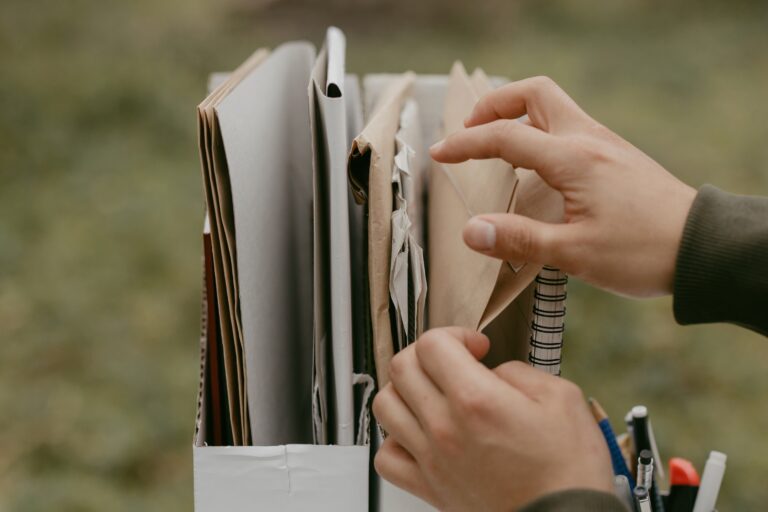

In any real estate purchase in Spain, it is very important to check the documents related to the property. This is called the “due diligence process” and consists of obtaining and reviewing various documents related to the property, not only to verify that all factual and legal aspects are correct, but also to facilitate negotiations with the seller.
In Germany, it is the duty of the seller to have detailed documentation about the object for sale. However, not all documents are always available for foreign properties in Spain, at least not for properties worth less than 250,000.00 euros.
When buying a house in Spain, it should be noted that the following documents must be requested before signing the so-called “arras” contract and commitment to buy a property:
This document proves who is the real owner and what are the real and tax burdens on the property. This is a basic document that the seller must provide. No commitment to purchase real estate in Spain should be made without viewing the extract from the land register.
If you are looking for real estate from Germany, you can check the address and properties of the foreign property in Spain on the page of the Land Registry Office. The data in the cadastre must correspond to the data in the land register extract. However, in Spain it is very common that this information does not coincide, as they are independent databases that have been coordinated only in recent years.
It is advisable to consult the last file of the community of owners to check what plans the community has for the future, what expenses might be incurred (repairs in the building, maintenance of common areas, etc.), and if there are any extraordinary expenses, debtors or open court cases.
Although it can be requested together with the deed of the community of owners, the certificate of debt allows to verify if the seller is in arrears with the payment of the community expenses. This document is important and is required by notaries.
It is important that the seller is not late in paying the property tax (IBI). This document is also requested from the notary, and the payment of this tax is usually divided proportionally. This tax is paid annually and it is very likely that the seller has already paid it at the time of buying a house in Spain. If the property is purchased on Dec. 20, for example, the buyer must pay the seller the corresponding amount from Dec. 20 (purchase date) to Dec. 31. pay
This document uses letters from A (best) to E (worst) to indicate the energy efficiency of the property in terms of ventilation, lighting, heating and cooling systems, or hot water. This document must be presented to the notary before signing.
If your future property abroad in Spain is intended to be rented out as a vacation home, it must have this license in order to rent it out on portals like Booking.com or Airbnb. You should also check if the existing license can be transferred to the new owner. When buying a house in Spain, it is important to pay attention to the regulations for this license, as they are different in each city and region. If the property does not have a tourist license, we recommend that you check that the property complies with the legal requirements that a vacation home must meet before purchasing.
If the property being acquired is to be put to another use (office, retail, etc.), it will be necessary to determine whether the permit can be transferred to the new owner in accordance with the relevant local regulations.

In addition, there are other documents that, while not strictly required, are recommended to be obtained and reviewed. Unfortunately, even if they are requested, there is no guarantee that the vendor will provide them.
It is important to note that the seller is not obliged to present this document. However, if provided, it will allow us to review the exact description of the property, property boundaries, easements, building declarations, etc.
This certificate is issued by the urban planning offices of each municipality and provides information on the urban planning characteristics of the land, the classification of the land and its buildability.
Since 2012, it has been mandatory in most autonomous communities in Spain that buildings older than 50 years must undergo a technical inspection. It must be submitted to the appropriate municipalities to ensure that the building is in good condition and that the safety of the occupants is guaranteed. If the building is over 50 years old, it is advisable to hire an architect who can visually inspect the building where the house is located before buying.
This book contains the description of the building and its components, the rules for use, preservation and maintenance, as well as the rules for action in case of damage or emergency situations.
Wenn du Hilfe bei der Beschaffung oder Überprüfung der Dokumente benötigst, kann dir unser Expertenteam weiterhelfen. Vereinbare hier ein kostenloses Beratungsgespräch mit uns, wir freuen uns dir weiterhelfen zu können.
Copyright © 2024 Pienzenauer Spain. All rights reserved.